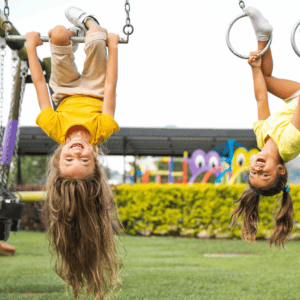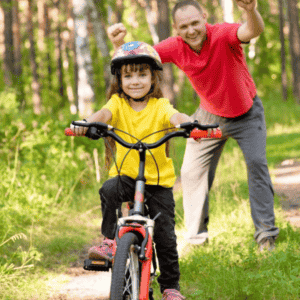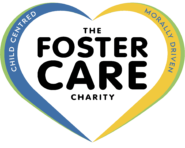
Being active is a really important part of looking after our mental health and wellbeing. Regular movement and getting physically active means we release endorphins – chemicals in our brains – which make us feel good.
Did you know that even just doing 10 mins of activity can increase your energy and mental alertness? The NHS recommends children to to have at least 30 minutes of physical activity every day outside of their school environment to support their mental health.
By being active we can boost our self-esteem, improve the quality of our sleep, reduce feelings of anxiety and even do better in social situations. Here are some tips to help you get children moving and improve their mental health.
5 Ways to Get Children Moving
Everyday Movement Counts
What are the everyday physical activities that you and your children are involved in? Do you walk or bike to school? What about going to after school clubs and activities – like swimming or music lessons? Where can you plan to walk instead of going in the car or taking the bus?
- Where & how can you incorporate movement into your daily routines?
- Can you add a dance routine to homework time or have a family Yoga session to help you wind down in the evening.
- Walk to school? Become a part of The Daily Mile – track your journeys.
Make It FUN!
Don’t you find that when you are doing something you enjoy, you look forward to it more? Time to make your children’s physical activities fun. Something that they will want to do again and again. You’ll help them have a positive attitude towards being physically active, now and for their lifetime.
- Ask your children how they think you could include movement into the things they already love doing?
- It’s all about developing skills and being better in yourself and not about competing with each other.
- Is there something the whole family can get involved in or can you and your friends set yourselves some targets like learning a dance routine everyday for 10 mins to your favourite songs.
Get Out & About
Have a break from homework and technology and get outside. Let the natural environment inspire you and your family to get moving.
- Hide & seek, treasure hunts, scavenger hunts, get to a local park or green space – what about exploring all the walks along local waterways?
- Go explore your back garden. Find out what nature is on your doorstep. How about some help in the garden to create an amazing space for the whole family to enjoy.
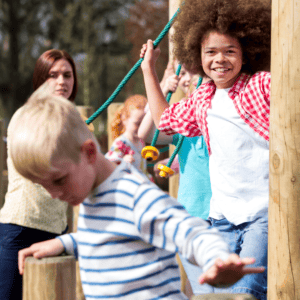
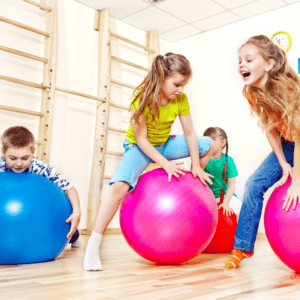
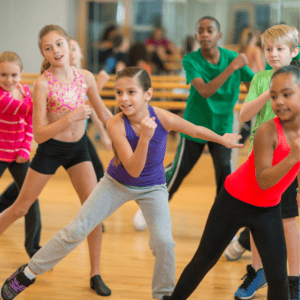
Be The Role Model
If children and young people see adults enjoying and involved in exercise, it inspires them to at least consider it. What physical activities can you do to help your own mental health and set a good example?
- Do your best to be active with the children and young people in your care – you are never too old to have fun!
- Talk about what physical activity you enjoy and why.
- Maybe just change something in your personal home routine and let the family know they can join you – an open invitation.
Moving Together
Taking part in activities that are social as well as physical really help boost self-esteem. What are the community activities that your children and young people can enjoy – without it becoming a competition?
- Encourage children to try lots of different sports and clubs. Find the ones they really love and that their friends love too.
- What are some of the activities that your children think are more fun when they do them with friends or in a group?
Find out more?
Want more information to help you improve your child’s mental health? Consider these sources:
www.place2be.org.uk Place2Be a charity dedicated to providing mental health support in schools
www.mind.org.uk MIND a charity helping people address mental health issues every day
www.mindful.org Mindful an organisation offering online advice and guides to help you have a healthy mind and healthy life
